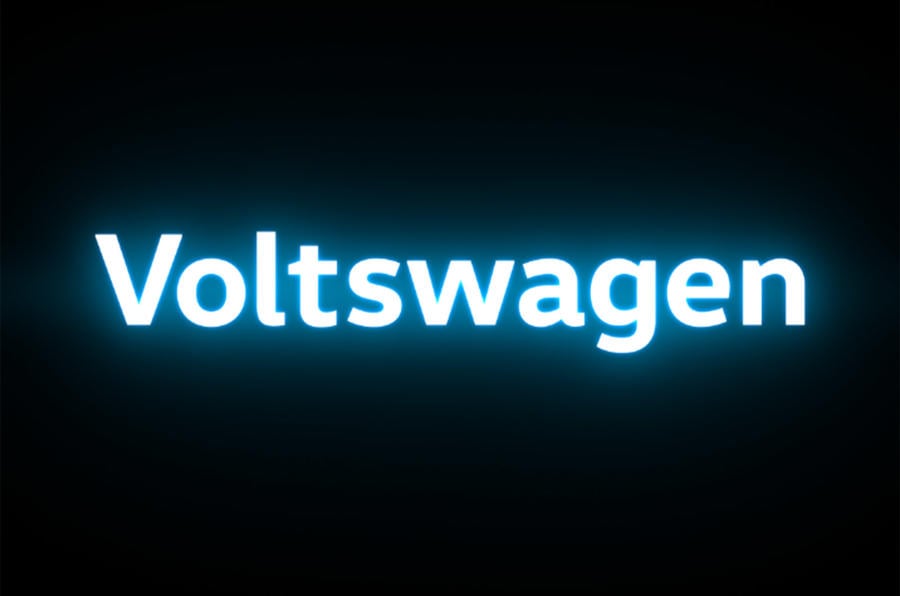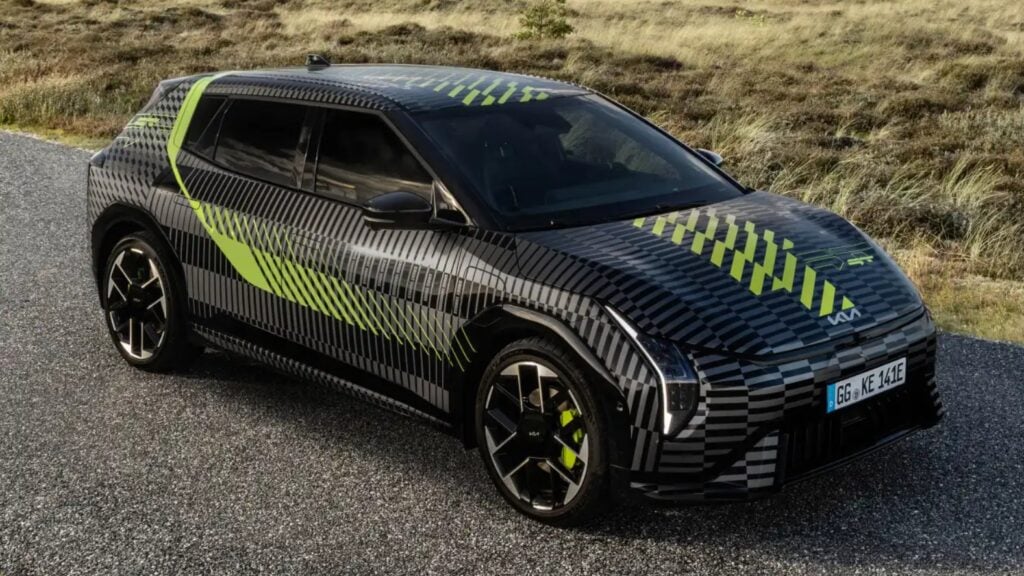
Volkswagen in the US could be in hot water with authorities after a hoax about changing its name went wrong this week.
On Monday, it was leaked that the American arm of the manufacturer would be changing its name to ‘Voltswagen’ later this year to emphasise its commitment to electric vehicles – in what turned out the following day to be an April Fools’ joke.
But the German marque could find itself in trouble with US regulators for misleading investors in the country because its stock price spiked by five per cent on Tuesday in response – the day the bogus statement was officially issued.
Investors have been responding recently in favour of automakers increasing electric vehicle production, swelling the value of shares of Tesla as well as of some EV startups.
James Cox, who teaches corporate and securities law at Duke University in the US, told the Associated Press the Securities and Exchange Commission (SEC) should take action to deal with such misinformation, which can distort stock prices.
“The whole market has gone crazy,” he said. “We need to throw a pretty clear line in the sand, I believe, about what is permissible and what isn’t permissible.”
This week’s blunder bears some similarity to one in 2018, in which Tesla’s CEO Elon Musk tweeted that he had the funding secured to take the company private – a comment which drove up the stock price, Mr Cox said. Later, it was revealed that the funding had not been lined up. In that incident, Musk and Tesla each agreed to pay $20 million in fines to the SEC.
The SEC has yet to comment on what action, if any, it may take against VW in the US. However, Erik Gordon, a business and law professor at the University of Michigan, said for the authorities to be interested, he believes they would have to truly believe VW knowingly issued the fake news release to manipulate its stock price.
There is no evidence to suggest at this point that the hoax name change was linked to foul play.
“I don’t think the SEC is going to see this as stock price manipulation any more than when General Motors or Ford or Toyota or anybody talks about their (electric vehicle) future,” the professor said. “It is incredibly stupid, but if being stupid were illegal, a third of the CEOs in the US would be in jail.”
Confusion has spread like wildfire worldwide over the fake news this week, after Mark Gillies, a company spokesman, insisted on Monday that the name change was true, saying that it reflected a shift towards more battery electric vehicles (BEV) in the wake of Dieselgate – the 2015 scandal in which it cheated on government emissions tests.
Volkswagen admitted that about 11 million diesel vehicles worldwide were fitted with deceptive software. The software reduced nitrogen oxide emissions when the cars were placed on a test machine but allowed higher emissions and improved engine performance during normal driving. The cover-up cost Volkswagen US$35 billion in fines and civil settlements, and led to the recall of millions of vehicles.
Late Tuesday, VW issued a statement confirming it won’t be changing its brand name to ‘Voltswagen’, despite having already issued a statement quoting its American CEO saying it was true earlier the same day.
“The renaming was designed to be an announcement in the spirit of April Fool’s Day,” the company said.



